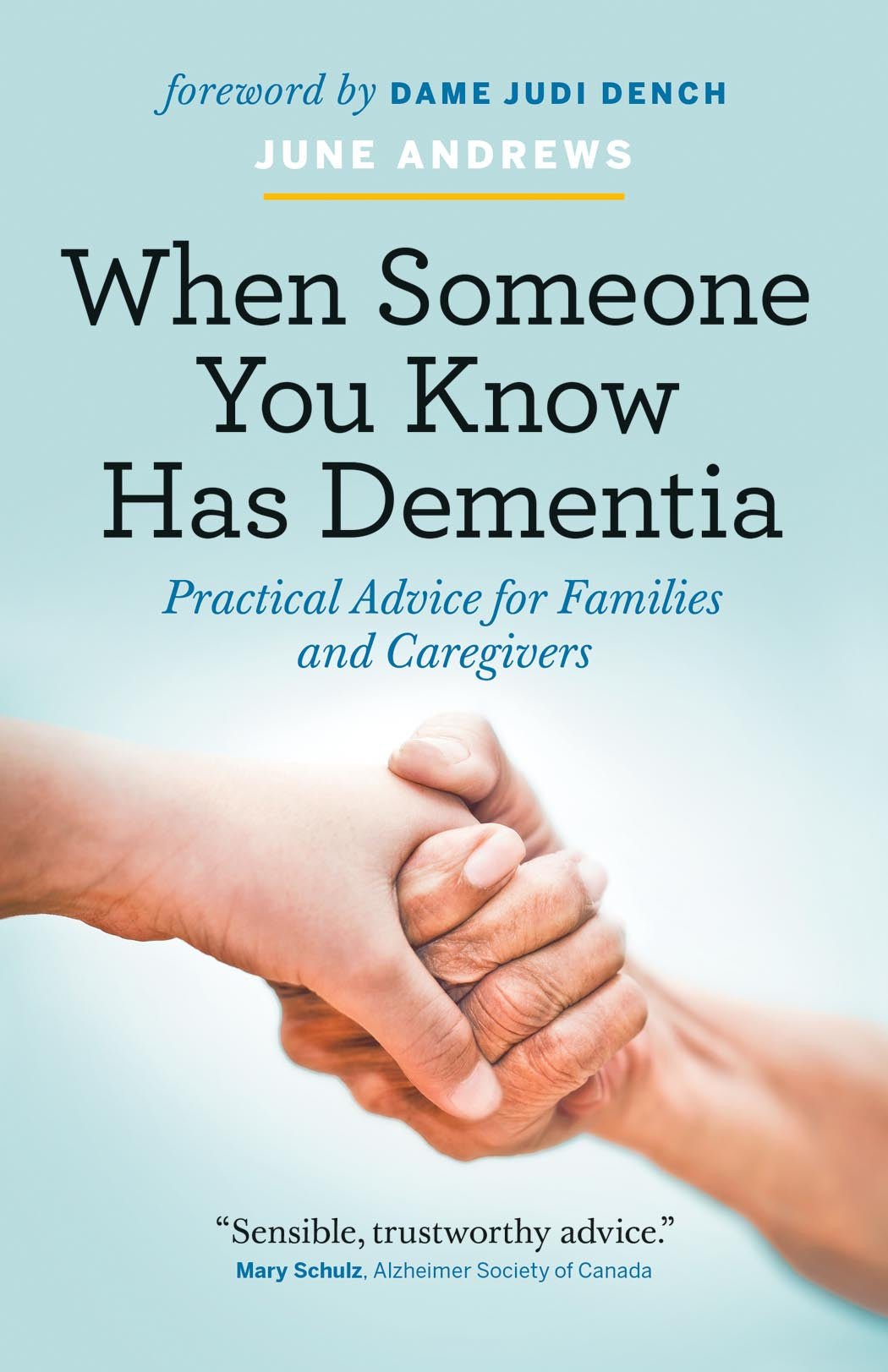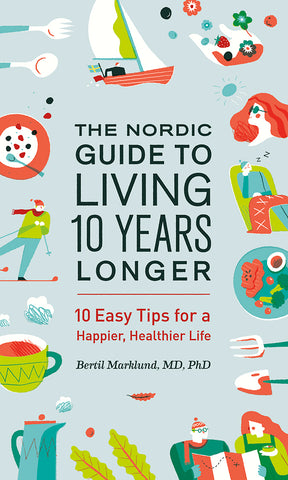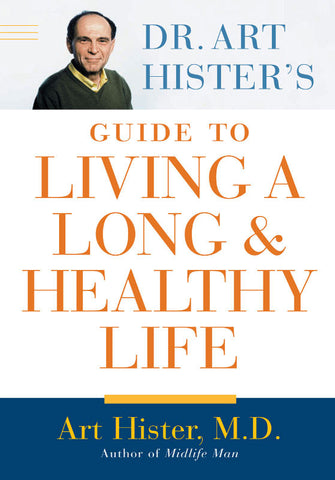When Someone You Know has Dementia
Practical Advice for Families and Caregivers
- ISBN: 9781771642156
- Tags: Dame Judi Dench, Health & Wellness, June Andrews,
- Dimensions: 5.5 x 8.5
- Published On: 5/20/2016
- 336 Pages
- ISBN: 9781771642163
- Tags: Dame Judi Dench, Health & Wellness, June Andrews,
“Learning how to live well with dementia can be a daunting task. June Andrews understands this and offers sensible, trustworthy advice.” – Mary Schulz, Alzheimer Society of Canada
A practical guide to dealing with dementia by one of the world’s leading experts.
Around the world, almost 50 million people have dementia, and hundreds of millions of people are affected by the dementia of loved ones. Unlike other books that look at this condition purely from the perspective of caretakers, When Someone You Know Has Dementia provides insight into what it feels like to have dementia, how you can deal with it, and what you can do to keep it at bay. Packed with practical tips for providing what people with dementia or Alzheimer’s want and need, this guide will help ensure that they can stay well and happy as long as possible.
June Andrews is Professor Emeritus at the University of Stirling, Scotland, where she served as Director of the Dementia Services Development Centre for more than a decade. She is the co-author of 10 Helpful Hints for Carers, which has sold more than 65,000 copies.
Dame Judi Dench is an award-winning is an English actress and author. Her role as Iris Murdoch in the film Iris (2001) won critical acclaim for her moving portrayal of the writer's journey into dementia. Dame Judi is a patron of the Alzheimer's Society and an ambassador for those who help people with Alzheimer's and Dementia.
From the Introduction
This book is about dementia and what happens when someone is affected by it. The word dementia is used to describe the collection of warning signs that show up when your brain stops working as well as it used to. It is defined as dementia only if these signs continue to get worse, with a permanent deterioration over time. If you know about dementia, you will be better able to look after yourself or someone in your family who is affected by it.
Interest in dementia in the media has never been so great. Movies have been made about famous people who had dementia. Iris, starring Dame Judi Dench, tells the true story of the English novelist Iris Murdoch from her brilliant youth to her last days in a care home. The Iron Lady is a moving film that explores the former English prime minister Margaret Thatcher’s life through fragments of history that represent her disintegrating thinking and her recol¬lection clouded by dementia (plus some rather impressive hallucinations). Movies also explore ethical issues. Away from Her, Still Alice, and The Savages describe the dilemmas and family dynamics of caring. Although there is still stigma, this public airing means that people are more open about dementia and allow themselves to think about it more than they did in the past. This is all good.
Public figures affected by dementia in their families are recruited as champions by dementia charities and encouraged to talk publicly about dementia and to share their stories with other people. Often when I get into a cab and the driver asks me what I do, I hear a personal story about how dementia has affected their family. Once upon a time it was a shameful secret.
Nevertheless, it is almost impossible to get sensible advice about dementia. We are faced with waves of publicity on the subject as newspapers print misleading headlines implying that there will be miracle cures available almost immediately. Families affected by dementia live in fear of losing their entire life’s savings to care home fees. Television commercials encourage us to be positive about dementia while at the same time celebrities and thought leaders say that they’d rather have cancer, or that they believe they’d have a duty to kill themselves if they had dementia. Investigative reporters make TV shows out of the misery of vulnerable people who have been on the receiving end of bad care. Scandalous nursing-home stories ruin our confidence that there might be a place anywhere in which residents, even if they deteriorate, have the benefit of comfort and good cheer. The often-reported heartbreaking treatment of patients with dementia in hospital makes us afraid for ourselves and our older relatives.
In the middle of all this, thousands of people every year get the shocking news that someone in their family has dementia. For many of them, the experience unfolds as if no one has ever traveled this path before. They are in uncharted territory, often surrounded by professionals, family, and friends who don’t know a huge amount about the condition. For many people it is hard to know where to turn for sensible advice.




